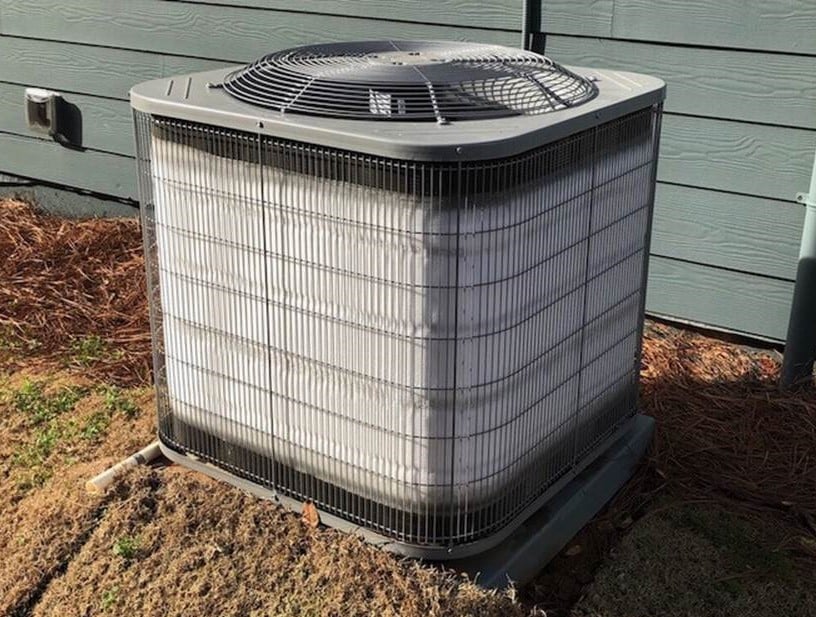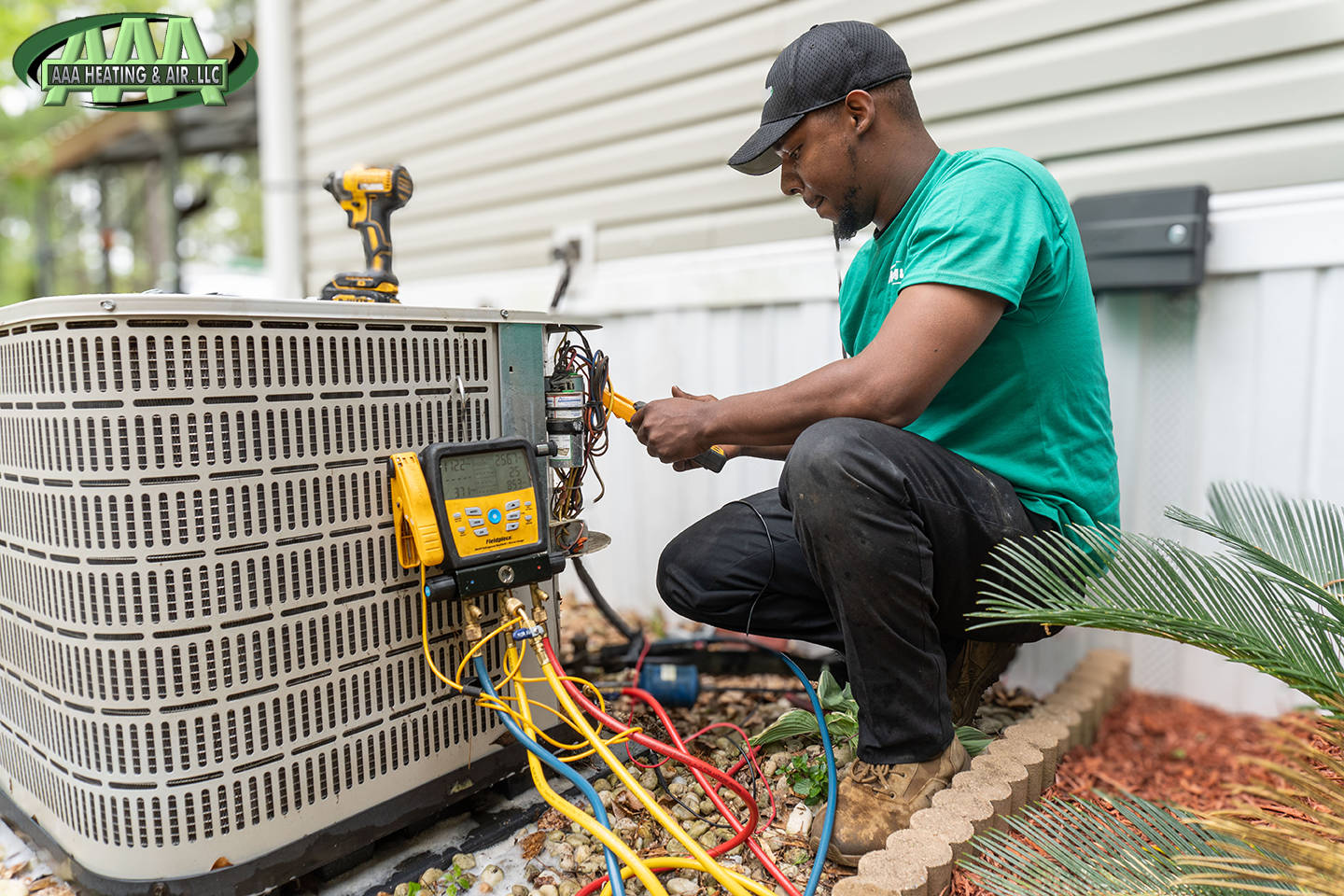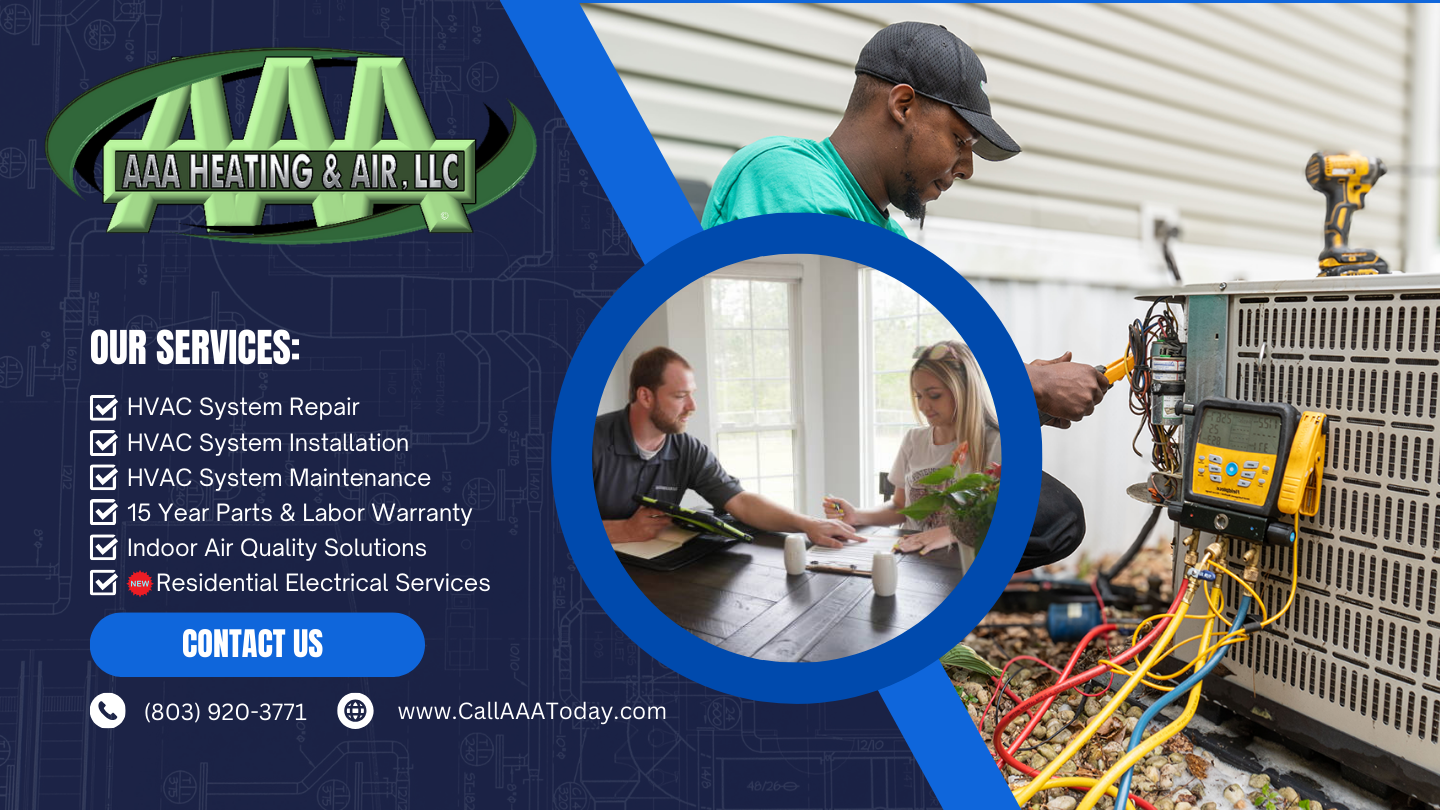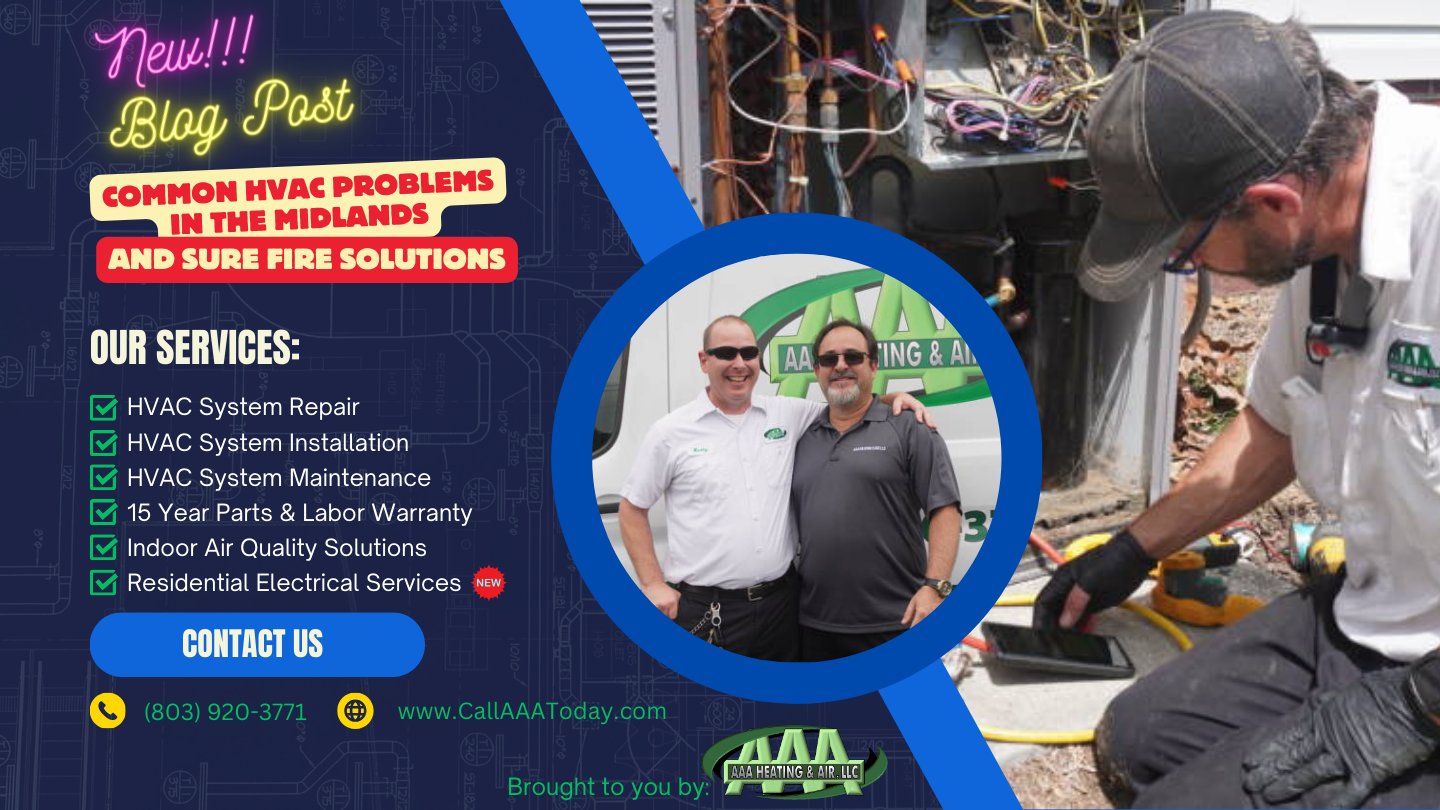Clogged air filters:
Replace or clean the filters regularly to improve airflow and prevent strain on the system. Clogged air filters can restrict airflow, forcing your HVAC system to work harder and consume more energy. This can lead to higher utility bills and decreased indoor air quality. To resolve this issue, check your air filters every 1-3 months and replace or clean them as needed.
Refrigerant leaks:
Contact a professional to fix any leaks and recharge the refrigerant to the correct level. Refrigerant leaks can cause your HVAC system to lose its cooling or heating capacity, resulting in inconsistent temperatures and increased energy usage. If you suspect a refrigerant leak, contact a professional to diagnose and repair the issue. They will fix the leak and recharge the refrigerant to the correct level. Signs that the refrigerant may be leaking form your HVAC system include:
Frozen evaporator coils:

Ensure proper airflow by changing filters and checking for any blockages. Frozen evaporator coils can cause your HVAC system to stop functioning correctly, leading to insufficient cooling or heating. To prevent this, ensure proper airflow by regularly changing your air filters and checking for any blockages in the system. If the problem persists, consult a technician for further diagnosis and repair.
Faulty thermostat:
Check the thermostat settings and replace the batteries if needed. If the issue persists, consult a technician. A faulty thermostat can cause your HVAC system to run inefficiently or not at all, resulting in uncomfortable temperatures and higher energy bills. Check your thermostat settings and replace the batteries if necessary. If the issue continues, consult a professional for further diagnosis and repair.
Dirty condenser coils:
Clean the coils to improve heat transfer and system efficiency. Dirty condenser coils can reduce the efficiency of your HVAC system, leading to higher energy bills and decreased performance. To clean the coils, turn off the power to the unit, remove the outer case, and gently clean the coils with a soft brush or a coil cleaning solution. Rinse the coils with water and allow them to dry completely before reassembling the unit.
Noisy operation:
Identify the source of the noise and consult a technician for proper diagnosis and repair. Noisy HVAC systems can be a sign of a variety of issues, including loose components, worn bearings, or a malfunctioning compressor. To diagnose and fix the problem, listen carefully to the noise and try to identify its location and characteristics. If you cannot resolve the issue, consult a professional technician for proper diagnosis and repair.
Inadequate insulation:
Insulate your home properly to prevent heat loss in winter and heat gain in summer. Proper insulation is essential for maintaining a comfortable temperature in your home and minimizing energy waste. To ensure adequate insulation, inspect your home’s insulation, paying particular attention to areas like the attic, crawl spaces, and basement walls. If you find any issues, add additional insulation to maintain a consistent temperature throughout your home.
Electrical issues:

Hire a professional to inspect and repair any electrical problems, such as loose connections or malfunctioning components. Electrical problems can not only reduce the efficiency of your HVAC system but also pose a safety risk. To address electrical issues, turn off the power to the unit and inspect the wiring for any signs of damage or wear. If you find any problems, consult a professional technician to repair or replace the damaged components.
Inadequate maintenance:
Schedule regular maintenance with a professional to keep your HVAC system running efficiently and prevent future problems. Regular maintenance is crucial for keeping your HVAC system running efficiently and preventing future problems. To maintain your system, schedule annual maintenance with a professional technician to inspect and clean your system. Keep the area around the outdoor unit clear of debris and vegetation to ensure proper airflow.
Short cycling:
Check the thermostat settings and consult a technician if the issue persists. Short cycling can be caused by a malfunctioning component or improper installation, leading to decreased efficiency and increased wear on your HVAC system. To address short cycling, check the thermostat settings and ensure they are correct for your desired temperature and operating mode. If the issue persists, consult a professional technician to diagnose and repair any underlying problems.
Don’t let HVAC issues disrupt your comfort and peace of mind. Take action now to ensure your system is running efficiently and effectively. Contact the experts at AAA Heating & Air by calling (803) 920-3771 or click HERE to fill out a service request online. Our team is ready to help you with all your HVAC needs, providing reliable and top-quality service. Don’t wait, reach out today and experience the difference that expert care can make in your home comfort.

Written by: Jared M. Sewell

